Eat cabbage every day to prevent disease
Cabbage is an indispensable dish in every family's winter meal. Not only is it a delicious, nutritious, cheap, and easy-to-prepare vegetable, cabbage also has many disease prevention and treatment effects.
Since the 19th century, cabbage (also known as cabbage) is a vegetable that was introduced to our country, grown in places with cool climates. Gradually, it was grown in many places in our country with many varieties of thick leaves, thin leaves, white, purple, red.
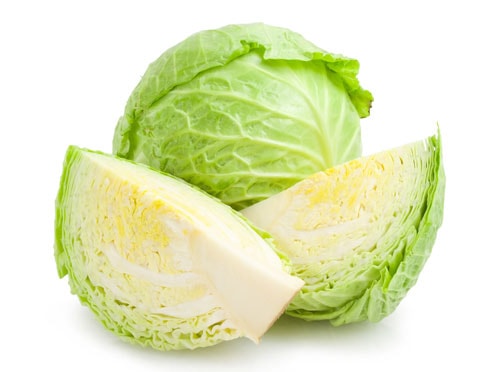 |
Cabbage has the scientific name Brassica oleracea L. varcapitata DC and belongs to the cabbage family. In winter, cabbage is tightly rolled and harvested with the highest yield.
Cabbage can be processed into many dishes such as: boiled, stir-fried, soup, pickled or more elaborately made into cabbage rolls with meat and steamed.
Preventive and curative effects of cabbage
Anti-obesity: Before meals, overweight and obese people should eat some boiled cabbage or cabbage salad to effectively reduce hunger (because cabbage only has 29kcal/100g edible). Cabbage prevents the conversion of carbohydrates into fat.
Cardiovascular disease: Cabbage has a high cellulose content, especially in red cabbage which has up to 4g/100g, so it has the effect of lowering blood cholesterol, reducing the risk of atherosclerosis. The potassium content in cabbage is also high, so it has the effect of enhancing blood circulation and regulating heart function.
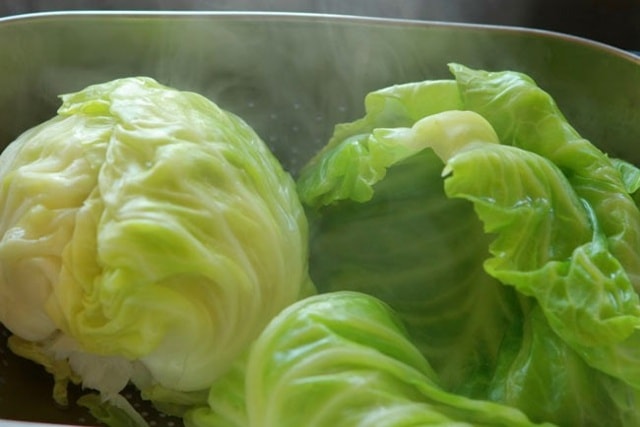 |
Clean cabbage also helps prevent cancer.
Type 2 diabetes is caused by reduced glucose assimilation, resulting in reduced blood sugar.
Eye diseases: Helps brighten eyes thanks to the rich content of betacarotene, lutein and zeaxanthin.
Helps ulcers heal quickly: Especially ulcers in the digestive tract such as the mouth, stomach, duodenum, and intestines. Drink 100ml of green cabbage juice 3-4 times a day. Cabbage juice will create a mucous membrane that both protects the ulcer and helps regenerate the mucosa.
Helps cure hoarseness like radish by holding radish juice in your mouth and swallowing it slowly, 10 times a day, divided evenly throughout the day.
Eat cabbage to prevent cancer
A study in the US caused cancer in experimental animals and then fed them cabbage. After a period of time, the results showed a 90% reduction in cancer compared to the group that did not eat cabbage. According to Professor Wattemberg (Minnesota University), the anti-cancer mechanism (still latent, not yet developed) of cabbage is: Inhibiting carcinogens in the patient's body; Neutralizing foreign carcinogens to expel them from the body; Protecting cell membranes against disorganized differentiation of cancer cells, limiting the development of cancer.
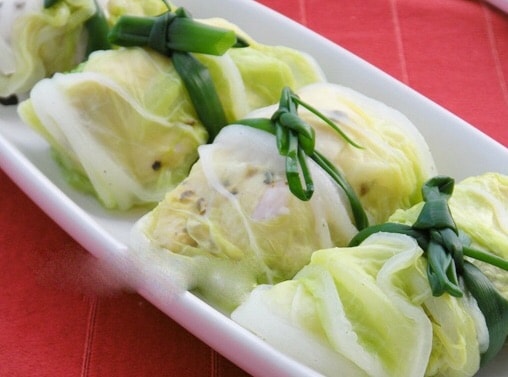 |
Eat cabbage to have a menu with enough nutrients.
Cabbage is classified in group 4 of the food square, like vegetables, tubers, fruits, it is a source of vitamins and minerals. Cabbage has all 10 types of minerals that the body needs such as calcium, zinc, iron, copper, selenium, potassium... in which selenium is an antioxidant, free radical scavenger, tumor growth inhibitor, anti-aging. Regarding vitamins, cabbage has many B vitamins, vitamins C, K, E and especially beta-carotene, lutein. Zeaxantin is good for the eyes, especially found in red cabbage.
The ingredients in 100g of edible cabbage are: water 90g, protein 1.8g (with 18 essential amino acids), glucid 5.3g, potassium 190mg, betacarotene 65mcg, lutein + zeaxanthin 310mcg.
If it is red cabbage, the content increases more, such as potassium 243mg, betacarotene 670mcg, lutein + zeaxantin 329mcg.
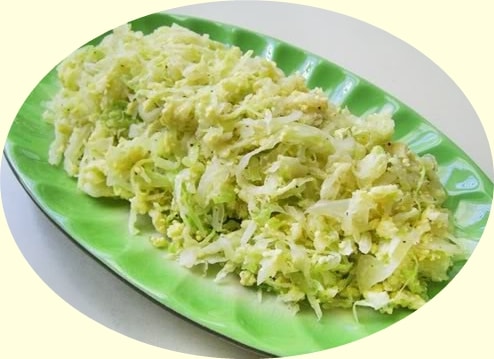 |
Things to keep in mind when eating cabbage:
Cabbage retains dioxin in its cells, making it toxic to people who eat it. Therefore, you must choose clean cabbage, which means it must be grown and developed in an environment of clean soil, clean water, clean air, without the use of chemical pesticides, and not near places that produce dioxin such as burning landfills, cement kilns, steel furnaces, incinerators... When boiling cabbage, add a few slices of fresh ginger to remove the cold.
People with severe kidney failure should not eat cabbage because it has high potassium content. People with cold nature, prone to diarrhea, and nocturia should limit their intake.
Cabbage has many advantages but also has limitations so we should only eat it in moderation and not too much. Changing the types of vegetables in daily meals also makes the meal more attractive and delicious.
According to SK&DS


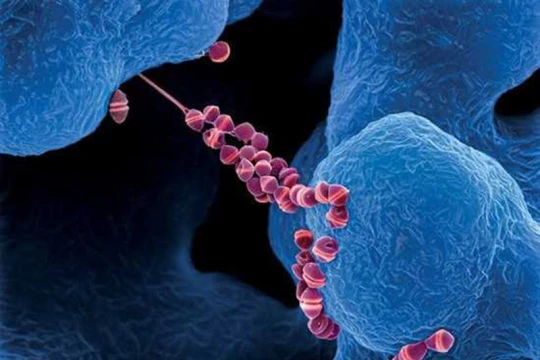



![[Infographic] Cục Y tế dự phòng khuyến cáo 5 biện pháp phòng bệnh dại [Infographic] Cục Y tế dự phòng khuyến cáo 5 biện pháp phòng bệnh dại](https://bna.1cdn.vn/thumbs/540x360/2024/12/15/ban-sao-cua-thiet-ke-khong-ten.png)

